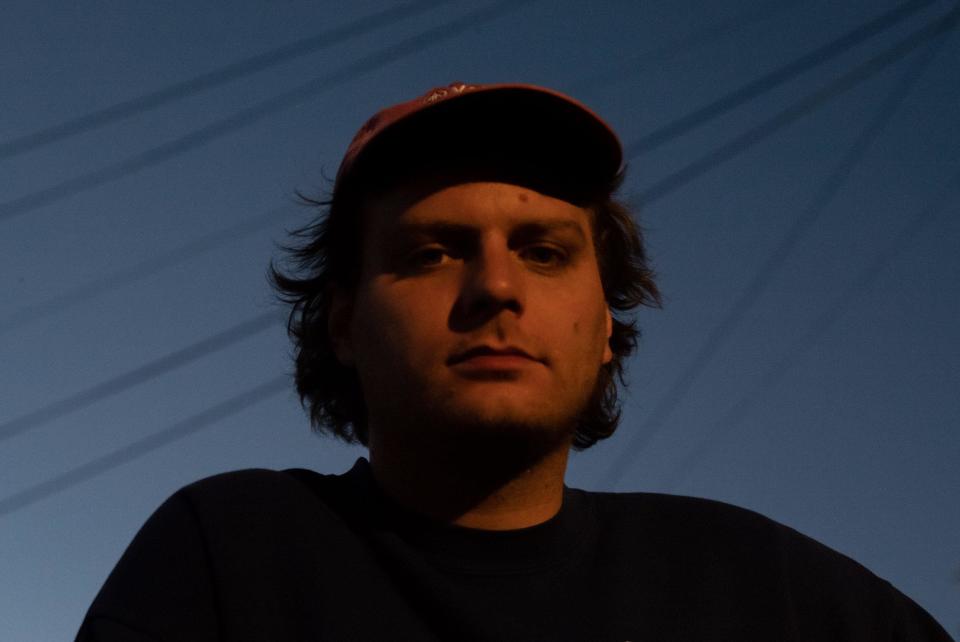Albums of the week: Mac DeMarco, A.A. Bondy and Rosie Lowe
Mac DeMarco - Here Comes the Cowboy
(Mac’s Record Label)
****
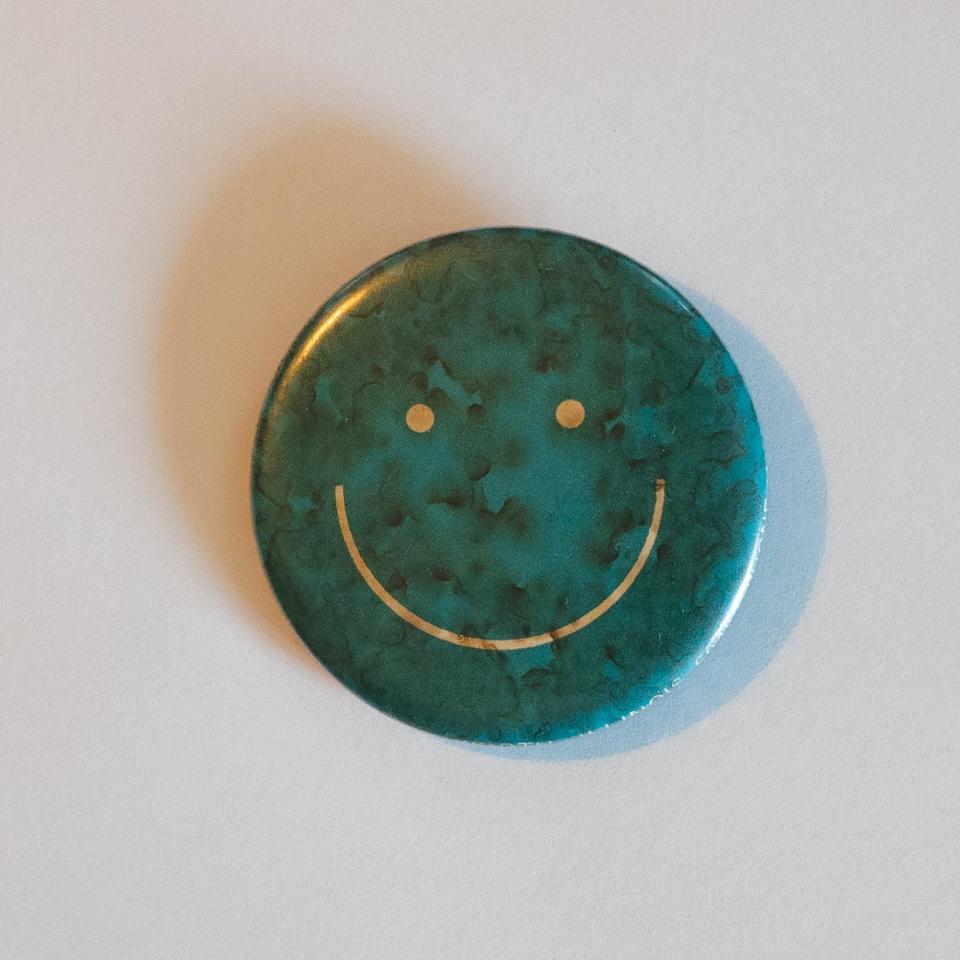
Over the course of three albums, Mac DeMarco has quietly become a cult phenomenon. After his last record just missed the Top 20, Here Comes the Cowboy is primed to push him into the mainstream.
At the heart of the gap-toothed Canadian’s charm is the absence of any music industry careerism — yet he still comes out on top. For an indie songwriter who specialises in dreamy acoustic tunes, his gigs are famously haphazard, including random covers such as Shaggy’s It Wasn’t Me and the theme to Top Gun. True to mischievous form, the video for lovely lead single Nobody features DeMarco transformed into a reptilian figure while crooning and smoking a cigar, while Choo Choo undoubtedly could fit with the antics at his live shows. The scratchy funk is a gloriously silly groove enlivened by a crashing gong.
As he approaches 30, however, the multi-instrumentalist has made an album of largely low-key, romantic songs that don’t really lend themselves to his usual juvenile behaviour. The lilting guitar and birdsong of Preoccupied, the sad synths and weary vocal of Heart to Heart and the bittersweet perfection of All of Our Yesterdays suggest a maturing artist hitting his stride.
From the sparse, opening title track to the frazzled finale of Baby Bye Bye, it’s an affecting album that demands to be listened to in full. And it seems fitting that it all comes to an end with DeMarco’s demented cackle.
by Andre Paine
AA Bondy - Enderness
(Fat Possum)
***

Auguste Arthur Bondy is a man who can sing a line like: “Happy birthday / I see my name / Spelled out in cocaine” — and still sound miserable about it. Once a member of Alabama grunge band Verbena, he reinvented himself as a finger-picking bluesman on American Hearts (2007) and When the Devil’s Loose (2009). A decade on, there’s a languorous, lo-fi mercury sheen to his production and a modern sensibility at work — an LMFAO here, a celebrity reference there — but the blues still run the game. “We were dead before / We’ll be dead again,” he offers on Images of Love, even the drum machine sounding depressed.
But there’s haunting grace to the circling synthesisers and numbed narratives of songs like Fentanyl Freddie and I’ll Never Know that builds into something disturbing and compelling. The day he finished recording this album, his house burned down.
by Richard Godwin
Collard - Unholy
(Lost Ones/Virgin EMI)
****
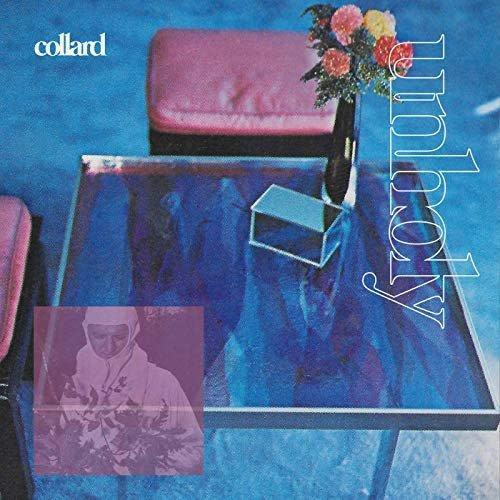
As statements of intent go, Hell Song on Joshua Collard’s debut Unholy is certainly a fierce one. The immediacy of Collard’s soaring Prince-like falsetto surprises, so too does his uninhibited exploration of desire: “Be free, let go …less is more but more is good,” the 24-year-old south Londoner wails. Brought up in a strict Mormon household, Collard eventually chose to leave his religious roots behind. The struggle of doing so drenches Unholy, which is Faustian in theme: choices between good and evil, of faith and desire, saturate. Musically, Unholy is fearless thanks to its almost genreless approach. Futuristic funk and soul moments impress, as does the album’s confident playfulness with rock and folk (Janis Joplin is a key influence). Rap and eloquent spoken word snatches punctuate Collard’s dizzying falsetto and lyrical intensity, with both bringing texture and innovation. Greyhound and the epic closer Blood Red are standouts on this brave debut of an exciting new voice.
by Elizabeth Aubrey
Rosie Lowe - YU
(Wolf Tone)
****
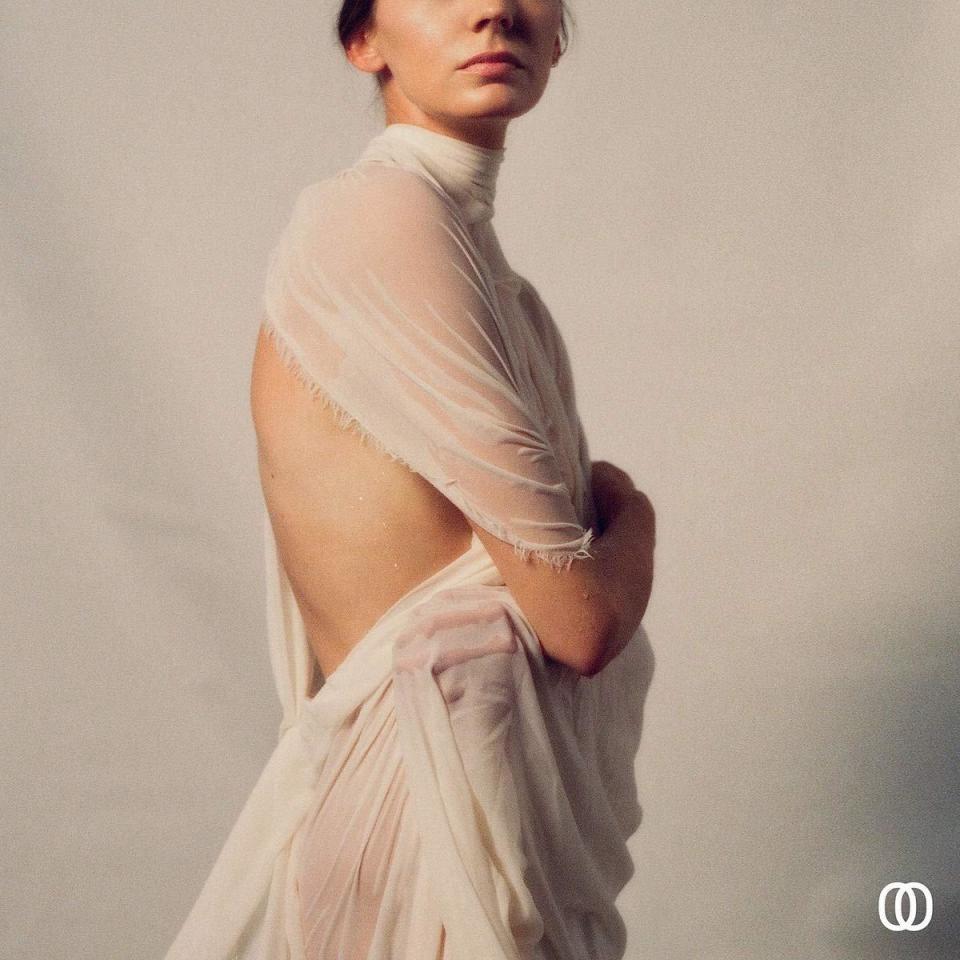
Devon-raised, London-based musician Rosie Lowe’s debut album in 2016 was a classy example of modern digital soul to file next to Jessie Ware and James Blake, though rather dull. For the follow-up, once again she has Dave Okumu of The Invisible on production duties, but to ensure she won’t be overlooked again, adds a smoky, funky, Prince-style element to her sound. The Way is a strong start, confidently groovy, then drifting into a different space topped by a Jay Electronica rap in the second half of its six minutes. Pharoah begins with a distant electric guitar and struts along, led by Lowe’s slurred, jazzy vocals. Kwabs, Floating Points and Jamie Woon also pop up on a collection that conjures an appealing mood but won’t fade into the background this time.
by David Smyth
Rhiannon Giddens with Francesco Turrisi - There Is No Other
(Nonesuch Records)
****
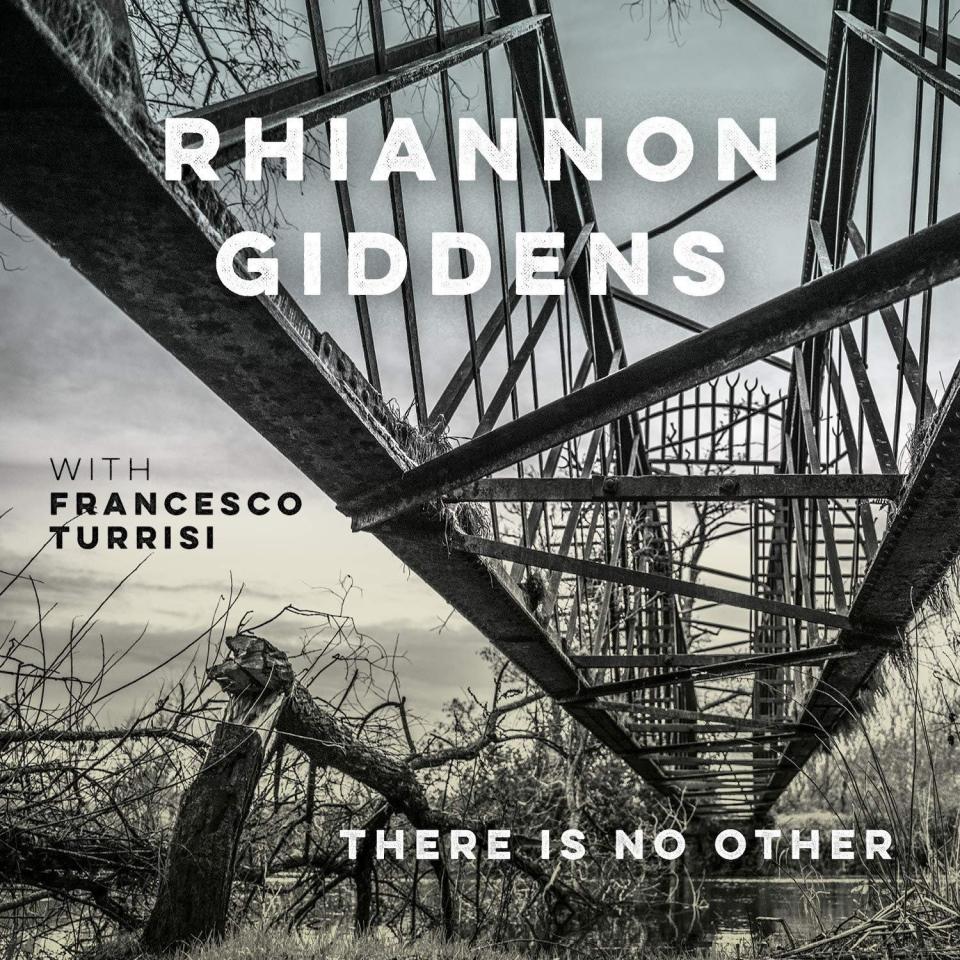
It's interesting how Donald Trump’s America has encouraged several American musicians, such as Kronos Quartet and Rhiannon Giddens, to explore the rich influence “other” cultures have had on European and US music. Giddens came to fame through the Grammy-winning Carolina Chocolate Drops, looking at old-time American music from an Afro-American perspective, and then released two successful solo albums. Here the messages are sometimes explicit: “Brown baby / As you grow up I want you to drink from the plenty cup.” but often not, as in the driving instrumental title track for banjo and Middle Eastern frame drum. The instrumentation is stripped back and transparent, with a powerful pizzica dance from Turrisi’s native Italy. They’ll be in London for the Jazz Festival in November.
by Simon Broughton
Shez Raja - Journey to Shambhala
(Raja Records)
****

Shez Raja is a British-Asian electric bassist with a fiery, muscular sound and a creative imagination that lifts his Indo-jazz fusion into a place of risk and thrills. The acclaimed Gurutopia (2016), which featured Mike Stern and Randy Brecker and bottled the raw, thundering funk of Raja’s live show, set the bar high. Here Raja gifts us a concept album, a rollicking trip to a mythical kingdom variously involving keening violin, catchy horn riffs, Indo-scat vocals and synths that sparkle and pacify. US guitarist Wayne Krantz and Indian percussionist Trilok Gurtu turn up en route, and there are three remixes by DJ Happy Cat Jay. But it is Raja’s seamless, often flamboyant playing that pulls us along. He’s at the Jazz Café on May 18.
by Jane Cornwell

 Yahoo News
Yahoo News 